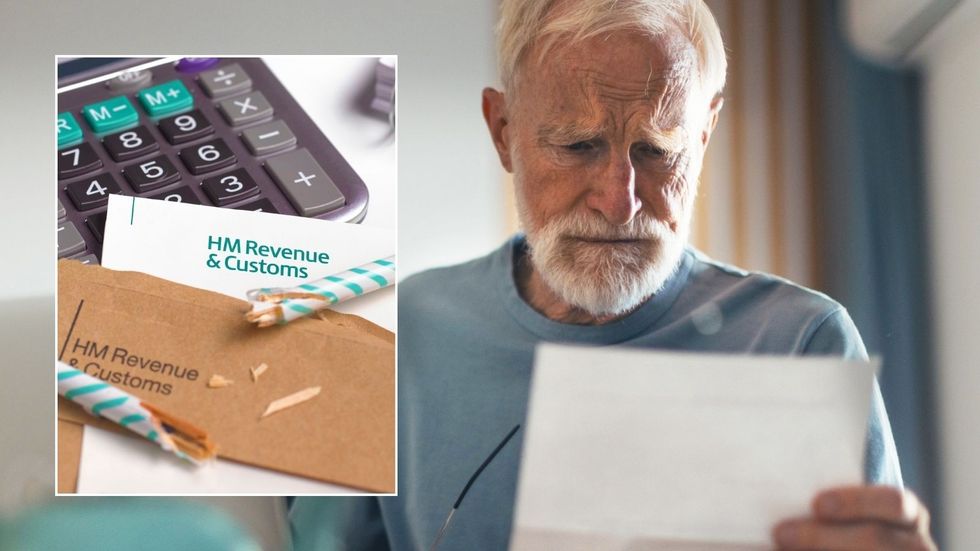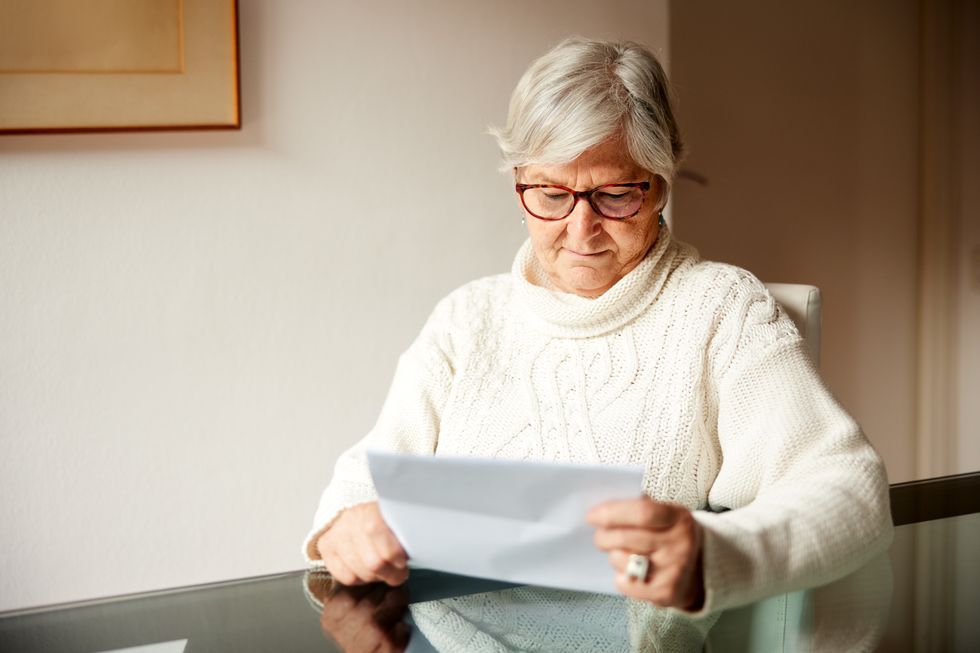More pensioners are being pushed into paying income tax as the personal allowance threshold remains frozen while state pension payments continue to rise.
A House of Commons Library report published today breaks down why Britons have growing concerns about this so-called “stealth tax” effect on retirees.

Retirees are being told to prepare for a looming tax bill hitting their state pensions
GETTY
Many affected retirees may not understand why they’re suddenly facing tax bills. The report explains that the state pension is subject to income tax, though it’s paid by the Department for Work and Pensions without tax being deducted first.
For those with private or occupational pensions alongside their state pension, their pension provider calculates the total tax due under PAYE.
Historically, pensioners whose only income was the state pension did not pay income tax as their annual income fell below the personal tax allowance.
However, this is changing as the Government continues to apply the “triple lock” when increasing the basic and new state pension.
 Older Britons are worried about the future of the state pension triple lock PA
Older Britons are worried about the future of the state pension triple lock PAMeanwhile, the personal tax allowance remains frozen at £12,570, the level it reached in 2021/22.
Financial expert Fiona Peake at Ocean Finance warns that this situation is affecting a growing number of older people.
“Nearly 18 million more people are expected to be paying income tax by 2027, and almost half of them will be over 60,” she explains.
With the retirement benefit rising each year but the personal allowance remaining static, more retirees are being pulled into the tax system.
The issue represents a significant shift in how retirement income is taxed in practice, despite no formal changes to tax rates.The full new state pension now pays £221.20 a week, or around £11,500 a year, according to Peake.
This amount is “just a few hundred pounds shy of the personal allowance,” she points out. “Add even a modest private or workplace pension, and suddenly you’ve got a tax bill,” Peake warns.
LATEST DEVELOPMENTS:

Some pensioners are unaware of the potential “stealth tax”
GETTY
“The frustrating thing is, this is happening quietly. It’s not a tax rise on paper, but it feels like one in practice.”
Many pensioners may simply receive a letter or notice a tax code change without understanding why they’re suddenly being taxed.
“It’s especially tough for those on a fixed income who are already watching every penny,” Peake notes.
“With inflation expected to rise again this year, it’s yet another blow to pensioners’ pockets.”










